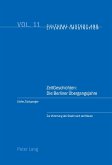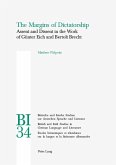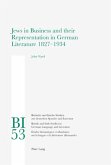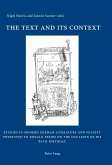This is the first book-length account of Joseph Conrad's reception in Germany, a virtually unresearched area of Conrad studies. It demonstrates that Conrad was read and used by his German readers as a cosmopolitan literary and moral voice against the prevailing nationalism of Germany in the 'dark times' of the 1930s and 1940s, when their own voices were being silenced. Challenging the longstanding assumption that Germany remained largely indifferent to his works, this book demonstrates that, particularly after the translation of the complete fiction commencing in the 1920s, Conrad's works achieved near cult status in Germany. On the basis of diaries and letters, contemporary reviews and essays, unpublished archival material as well as novels and films, the author illuminates the range and importance of Conrad's presence as a powerful liberating imagination within twentieth-century German culture. Championed by Thomas Mann, lauded by Hermann Hesse, and decried as 'Conrad the Jew' by the Nazis, Conrad has remained an influential presence in post-war German culture. The study offers a completely fresh perspective on Conrad's works and speaks eloquently for the importance of recognizing the way trans-national literary cultural relations have helped to shape European cultural history.
Bitte wählen Sie Ihr Anliegen aus.
Rechnungen
Retourenschein anfordern
Bestellstatus
Storno









